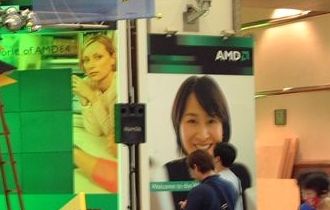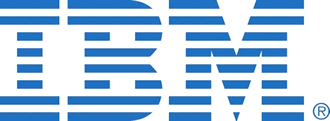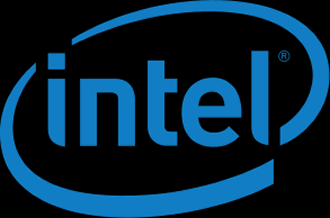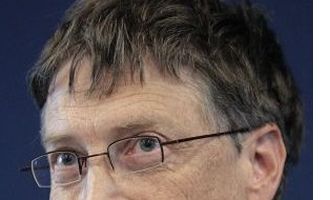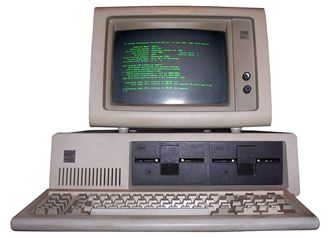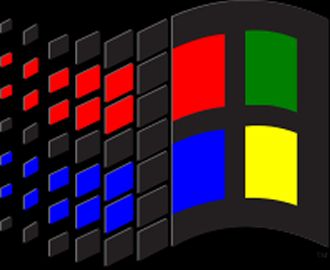 As it looks like the missile that downed flight MH17 was fired by pro-Russian separatists armed by Tsar Vladimir Putin, another war is breaking out on the online encyclopaedia Wikipedia.
As it looks like the missile that downed flight MH17 was fired by pro-Russian separatists armed by Tsar Vladimir Putin, another war is breaking out on the online encyclopaedia Wikipedia.
Tsar Putin’s government has been caught out removing sections of Wikipedia which accuse it of providing the missiles that were used to down the civilian airliner.
The Twitter bot which monitors edits made to the online encyclopaedia from Russian government IP addresses has spotted that changes are being made to a page relating to the crash.
A user from within the All-Russia State Television and Radio Broadcasting Company (VGTRK) changed a Russian language version of a page listing civil aviation accidents to say: “The plane [flight MH17] was shot down by Ukrainian soldiers,” which is what Tsar Putin wants you to think.
This replaced text, written an hour earlier, which said MH17 had been shot down “by terrorists of the self-proclaimed Donetsk People’s Republic with Buk system missiles, which the terrorists received from the Russian Federation.”
The government was caught by an automated Twitter bot called congress-edits was created to monitor for changes made from US Congress computers and immediately tweet them.
That source code powering that project was made public, allowing the creation of RUGovEdits which performs a similar role in Russia.
Tsar Putin has denied any responsibility over the shooting down of the jet, which should have been an end to the matter. He said that the “government over whose territory it occurred is responsible for this terrible tragedy.”
If you read that literally he is saying that the Ukrainian government was responsible for him having to arm the separatists, and also had to face blame for the trigger happy nutjobs mistaking a passenger plane for a Ukrainian government cargo plane.
Normally it is the US government which tinkers with Wikipedia entries with staff of Congress members often having a crack at improving their boss’s image.
Microsoft once offered an engineer money to update articles on two competing standards.




